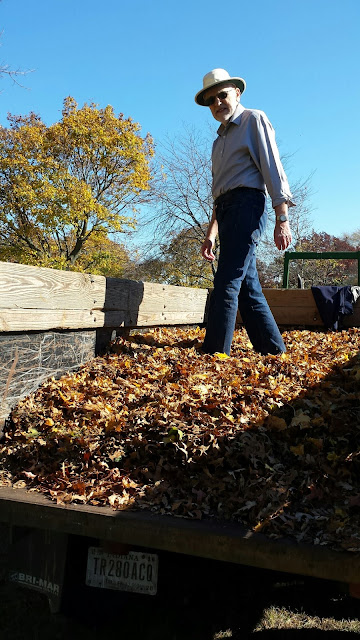Same Spirit, many spirits . . ..

I guess we all wonder from time to time how it is that a gospel whose very essence is the reconciliation of person to person, person to creator, person to cosmos so often fails to reconcile us to each other, so often fails to reconcile us to creation, so often leaves us at odds with the cosmos. The conservative vs. liberal worldview provides no really satisfying answer. Jesus—our founder and pattern—was conservative with that which needed conserving, was liberal with that which needed to change. Or we can worry away at this question choosing either the tools of Aristotle or Charles Fox Parham : syllogistic reasoning vs. charisma . Maybe a traditionalist/modernist distinction is at the core of divisions, or something even less obscure, like the question of whether the gospel approves of beards and mustaches, beards but no mustaches, or no beards or mustaches in men, head coverings (black or white?) in women. Whatever peg we hang our reason-to-quarrel on, the truth pe...

